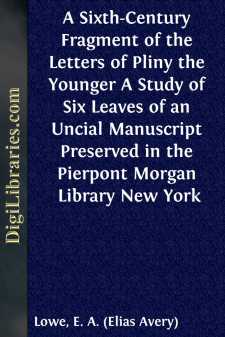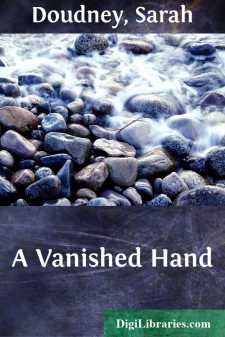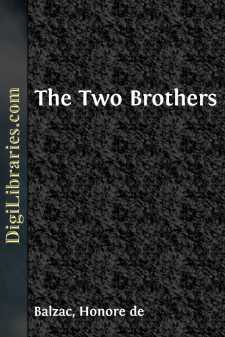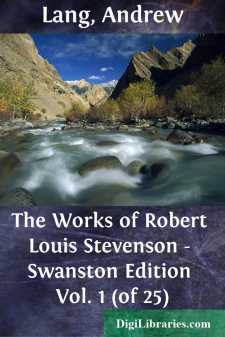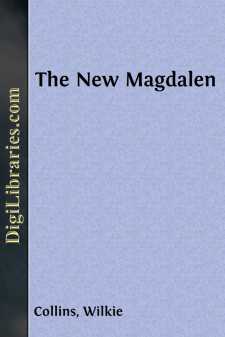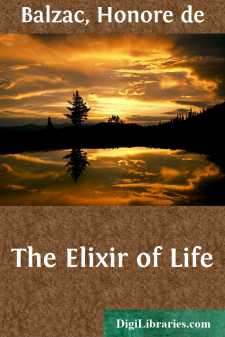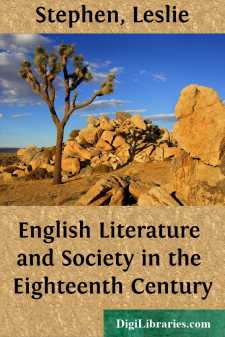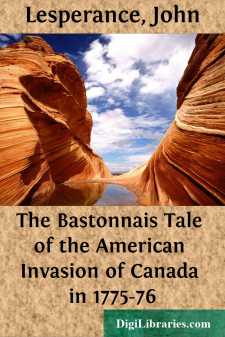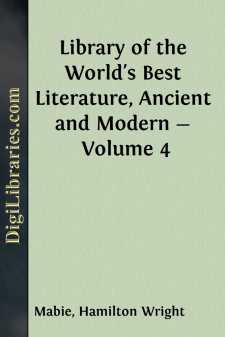Literary Collections
- American 84
- Ancient, Classical & Medieval 14
- Asian 1
- Australian & Oceanian 1
- Canadian 55
- Continental European 121
- English, Irish, Scottish, Welsh 179
- Essays 160
- General 24
- Letters 46
- Middle Eastern 1
Literary Collections Books
Sort by:
PREFATORY NOTE. T HE Pierpont Morgan Library, itself a work of art, contains masterpieces of painting and sculpture, rare books, and illuminated manuscripts. Scholars generally are perhaps not aware that it also possesses the oldest Latin manuscripts in America, including several that even the greatest European libraries would be proud to own. The collection is also admirably representative of the...
more...
by:
Sarah Doudney
IN A BACK ROOM"For one shall grasp, and one resign,One drink life's rue, and one its wine,And God shall make the balance good."—Whittier. Elsie Kilner had a battle to fight, and it must be fought after her own fashion. It was the kind of battle which is fought every day and every hour; but the battlefield is always a silent place, and there is neither broken weapon nor crimson stain to...
more...
by:
Honore de Balzac
CHAPTER I In 1792 the townspeople of Issoudun enjoyed the services of a physician named Rouget, whom they held to be a man of consummate malignity. Were we to believe certain bold tongues, he made his wife extremely unhappy, although she was the most beautiful woman of the neighborhood. Perhaps, indeed, she was rather silly. But the prying of friends, the slander of enemies, and the gossip of...
more...
by:
Andrew Lang
So much has been written on R. L. Stevenson, as a boy, a man, and a man of letters, so much has been written both by himself and others, that I can hope to add nothing essential to the world's knowledge of his character and appreciation of his genius. What is essential has been said, once for all, by Sir Sidney Colvin in "Notes and Introductions" to R. L. S.'s "Letters to His...
more...
by:
Wilkie Collins
FIRST SCENE.—The Cottage on the Frontier.PREAMBLE.THE place is France. The time is autumn, in the year eighteen hundred and seventy—the year of the war between France and Germany. The persons are, Captain Arnault, of the French army; Surgeon Surville, of the French ambulance; Surgeon Wetzel, of the German army; Mercy Merrick, attached as nurse to the French ambulance; and Grace Roseberry, a...
more...
by:
Honore de Balzac
THE ELIXIR OF LIFE One winter evening, in a princely palace at Ferrara, Don Juan Belvidero was giving a banquet to a prince of the house of Este. A banquet in those times was a marvelous spectacle which only royal wealth or the power of a mightly [sic] lord could furnish forth. Seated about a table lit up with perfumed tapers, seven laughter-loving women were interchanging sweet talk. The white marble...
more...
by:
Leslie Stephen
When I was honoured by the invitation to deliver this course of lectures, I did not accept without some hesitation. I am not qualified to speak with authority upon such subjects as have been treated by my predecessors—the course of political events or the growth of legal institutions. My attention has been chiefly paid to the history of literature, and it might be doubtful whether that study is...
more...
by:
John Lesperance
He stood leaning heavily on his carbine. High on his lonely perch, he slowly promenaded his eye over the dusk landscape spread out before him. It was the hour of midnight and a faint star-light barely outlined the salient features of the scenery. Behind him wound the valley of the St. Charles black with the shadows of pine and tamarac. Before him rose the crags of Levis, and beyond were the level...
more...
GEORGE BANCROFT (Continued from Volume III) WOLFE ON THE PLAINS OF ABRAHAMFrom 'History of the United States'But, in the meantime, Wolfe applied himself intently to reconnoitering the north shore above Quebec. Nature had given him good eyes, as well as a warmth of temper to follow first impressions. He himself discovered the cove which now bears his name, where the bending promontories almost...
more...


